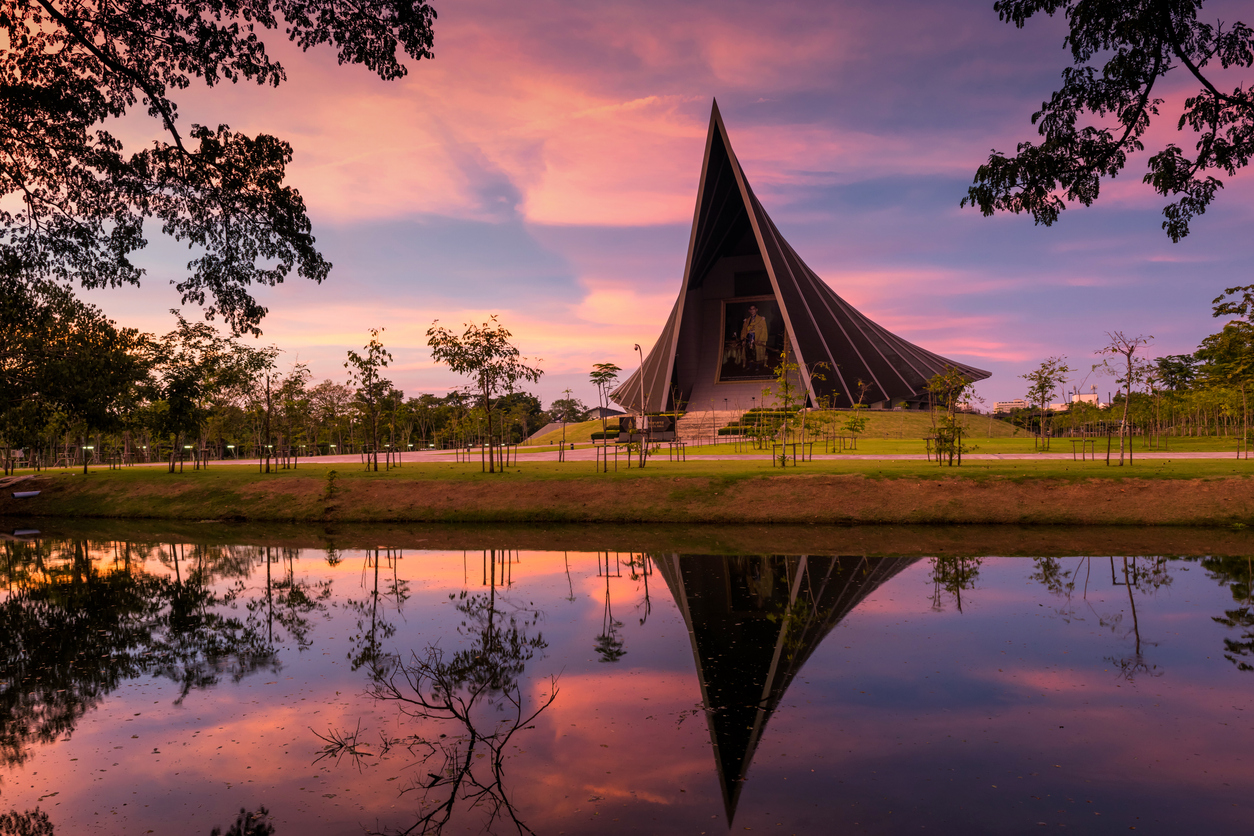Applying to study in Thailand: a comprehensive guide
Thailand, known for its rich culture, beautiful landscapes and vibrant cities, is an increasingly popular destination for international students

Thailand, known for its rich culture, beautiful landscapes and vibrant cities, is an increasingly popular destination for international students. While it might not be as traditional a study abroad choice as the UK or the US, Thailand offers unique opportunities for academic and cultural experiences.
Students – and especially their parents – are often focused on reputation and brand name, and it can be challenging to help them make the right choices. That’s why we need to redefine best fit and consider factors other than rankings. We also need to redefine “success” beyond the top 100 universities to help students understand their options.
When recommending Thailand as a study destination:
- emphasise its academic opportunities at top universities, such as Chiang Mai University, Chulalongkorn University and Mahidol University, which offer English-taught programmes.
- highlight the country’s rich culture, affordability and welcoming environment.
- talk about the low cost of living, safe surroundings and opportunities to explore South-East Asia.
- ensure that students understand visa requirements, healthcare options and the importance of learning some basic Thai for cultural integration.
- mention potential internships and career opportunities.
- prepare students for cultural adaptation, and stress the availability of support networks to ease the transition.
Additionally, visits from university representatives can provide valuable insights and help students make informed decisions about studying in Thailand.
Below is a comprehensive guide to help you understand the application process, visa requirements and available funding options for studying in Thailand.
1. Choosing a university
The following are popular universities.
Chiang Mai University (CMU)
One of Thailand’s top-ranked institutions, located in the culturally rich city of Chiang Mai, CMU offers a variety of programmes in English, particularly at postgraduate level, and is a hub for international students in northern Thailand.
Chulalongkorn University
This is one of Thailand’s oldest and most prestigious universities, and is located in Bangkok.
Mahidol University
Mahidol University, in Salaya, is known for its strong programmes in health sciences, engineering and social sciences.
Thammasat University
Thammasat University, in Bangkok, offers a wide range of programmes, especially in social sciences, humanities and law.
Kasetsart University
Also in Bangkok, Kasetsart University focuses on agriculture, engineering and management.
2. Application process
Most universities have online application portals. Students should visit the official website of the university they are interested in and complete the application form. They must ensure that they meet all specific requirements for international students.
See the attached Word document for the specific application requirements of some of the most popular Thai universities.
Most Thai universities will also require the following supporting documents:
- Academic transcripts: official transcripts from previous institutions.
- Letters of recommendation: usually two or three letters from teachers or professional supervisors.
- Statement of purpose: a personal statement outlining the student’s goals and reasons for studying in Thailand.
- Proof of English proficiency: for programmes taught in English, students may need to provide TOEFL or IELTS scores.
- Passport copy: a valid passport is required for identity verification.
- Photograph: recent passport-sized photo.
- Application fee: varies by institution; check the university’s website for specifics.
For most institutions, applications are due around June, for the August semester, or November, for the January semester. Students should check the specific deadlines for the institution they are applying to.
3. Visa guidance
To apply for a student visa, students will need:
- Acceptance letter: obtain an official acceptance letter from the university.
- Visa application form: fill out the visa application form available from the Thai embassy or consulate.
- Passport: valid for at least six months, with at least one blank page.
- Proof of financial stability: bank statements or a financial guarantee letter showing the student has sufficient funds.
- Photographs: passport-sized photos.
- Visa fee: varies depending on the embassy or consulate issuing the visa.
The visa processing time is generally one to two weeks, but it’s advisable to apply well in advance of the intended departure date.
Once in Thailand, students can extend their visa at the Immigration Bureau if needed, usually for the duration of their studies.
4. Funding opportunities
Tuition fees typically range from USD$2,000 to USD$10,000 per year, depending on the institution and programme.
Monthly living expenses can range from USD$300 to USD$800, depending on the city and lifestyle.
Scholarships
Royal Thai Government Scholarships: offered to international students for various levels of study.
Thai Development Foundation Scholarships: provide financial assistance to students from developing countries.
University-specific scholarships: many Thai universities offer their own scholarships based on academic merit or financial need. Check the specific university’s website for details.
External funding
Erasmus+: for students from European Union countries, providing grants for studying abroad.
Private scholarships: various organisations and foundations offer scholarships for international students.
5. Preparing to study at a Thai university
Accommodation
On-campus housing is available at many universities. Students should check with their institution for availability and application procedures.
Many students choose to rent apartments or share housing off campus. Websites such as Thai Apartment and Craigslist Bangkok are useful resources.
Health insurance
Students should ensure that they have health insurance that covers them internationally – or check whether their university offers a health-insurance plan for international students.
Cultural preparation
Knowing some basic Thai can be very helpful. Students should consider taking a language course or using language apps.
Students should also familiarise themselves with Thai customs and traditions to ensure a respectful and enjoyable stay.



